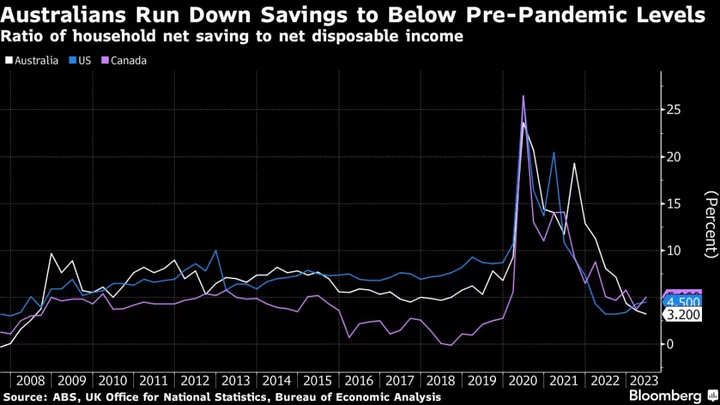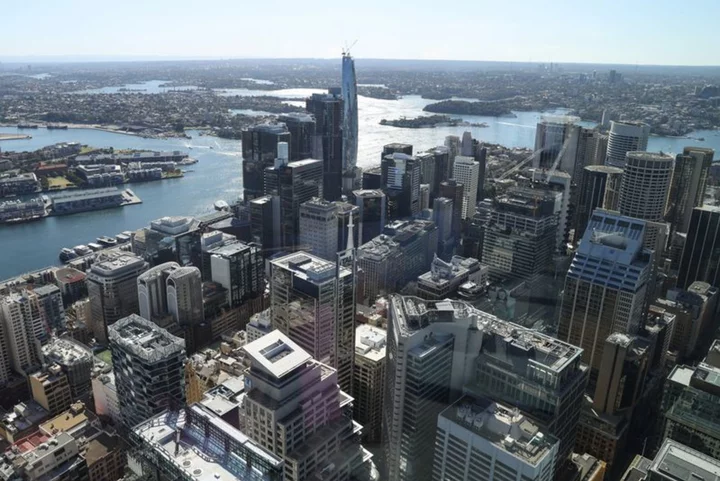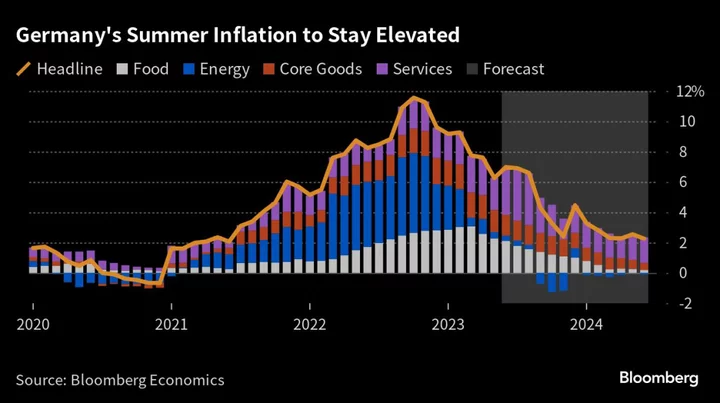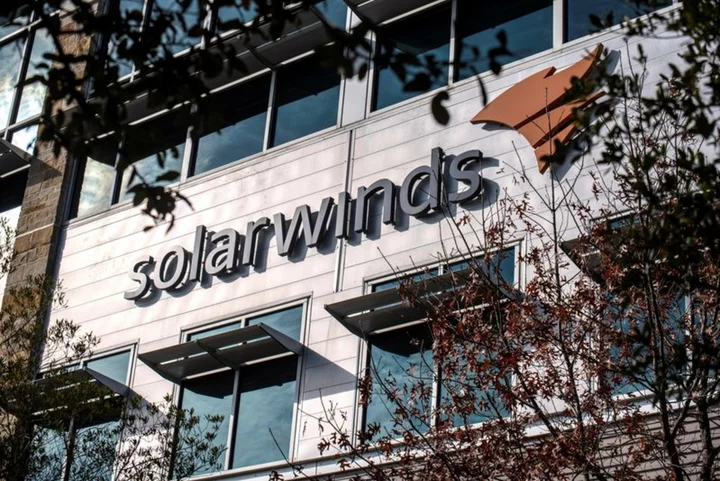Australia’s consumer confidence slipped further into “deeply pessimistic” territory as rising gasoline, rent and electricity prices squeeze already heavily-burdened households.
Sentiment slipped 1.5% to 79.7 points, meaning pessimists heavily outweighed optimists given a reading of 100 is the dividing line, a Westpac Banking Corp. survey showed Tuesday. The index has held in a 78-86 range for the past year.
“Since the survey began in 1974, the only comparable period of such sustained weakness was during the recession of the early 1990s,” said Bill Evans, chief economist at Westpac. “Persistent pessimism has continued despite easing fears of further interest rate rises.”
The poll was conducted Sept. 4-8, spanning the Reserve Bank’s Sept. 5 meeting when it left the cash rate unchanged at 4.1% for a third straight month.
The RBA is currently in watch-and-wait mode after 4 percentage points of rate hikes since May last year as it tries to get control over inflation. While consumer prices have begun to abate, a tight labor market and strengthening wage growth mean policymakers are ready to move again if needed.
Assessments of “family finances compared to a year ago” slumped 4.4% to the lowest level in the current cycle, Evans said. The “family finances next 12 months” sub-index rose 1.8%, while remaining in pessimistic territory.
A gauge of the outlook for household spending, “the time to buy a major household item” sub-index fell 3% to 76.6.
“This component is particularly troubling because, unlike the overall index and the other components, it is tracking well below the levels seen in the recession of the early 1990s,” Evans said. The average during that period was a “much milder” 91, he added.
The report showed the “time to buy a dwelling” index edged up 0.6% and at 72.5 points remains in pessimistic territory. That comes amid a strong rebound in housing prices across Australia since the start of the year.
The “House Price Expectations Index” climbed a further 2.2% to 154.6, a new cycle high, Westpac said.









